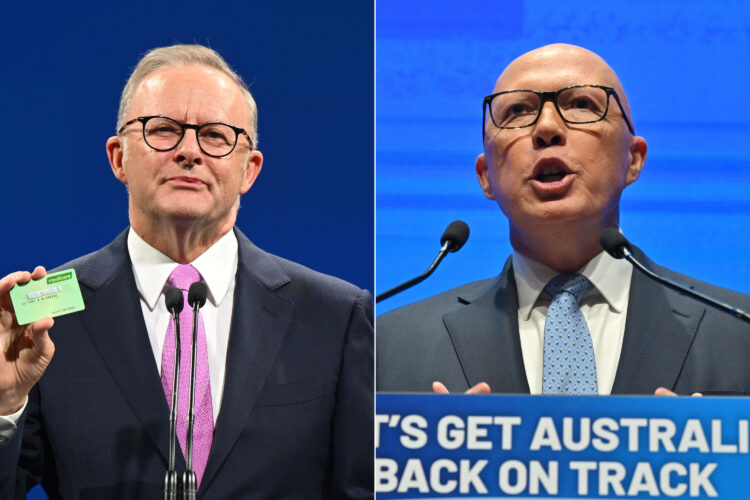Given that a lot of people actually know what they are talking about when it comes to house prices and those people say doing things like this will actually only make house prices more expensive, because there would be more people able to borrow more, therefore increasing demand for houses, which INCREASES THE PRICE, doesn’t James Paterson see something in their criticisms?
Paterson:
We have a comprehensive plan that includes $5 billion for infrastructure to unlock 500,000 homes – that’s building the water and sewage and roads and electricity that allows housing developments to be commenced and bring those houses onto the market. (This is a subsidy for property developers)
We’re also reducing demand by cutting migration. We believe we’ll reduce migration by 100,000 a year in net overseas terms compared to Labor. And over the next few years, that will free up 100,000 homes.(this is a bit of a fantasy) We’re also going to reform the building industry to bring down costs of construction, because the CFMEU has been out of control, and that’s added to the cost of construction.(this has mostly been a commercial property site issue, not a private housing issue)
And we’re going to help deliver the skills we need to industry so they’ve got more workers who can help build homes with a $12,000 payment to small businesses who take on apprentices and trainees. (this will not lower house prices) It’s a comprehensive plan. Taken together, it reduces the pressure on demand – particularly from international visitors – it increases supply, and it backs first-home buyers, giving them a real advantage in the market.
You know what actually would work? Reforming the tax system so that housing wasn’t treated like an investment. The Greens have a policy which would grandfather negative gearing (on one property) for investors but would scrap the tax breaks moving forward.


Loading form…